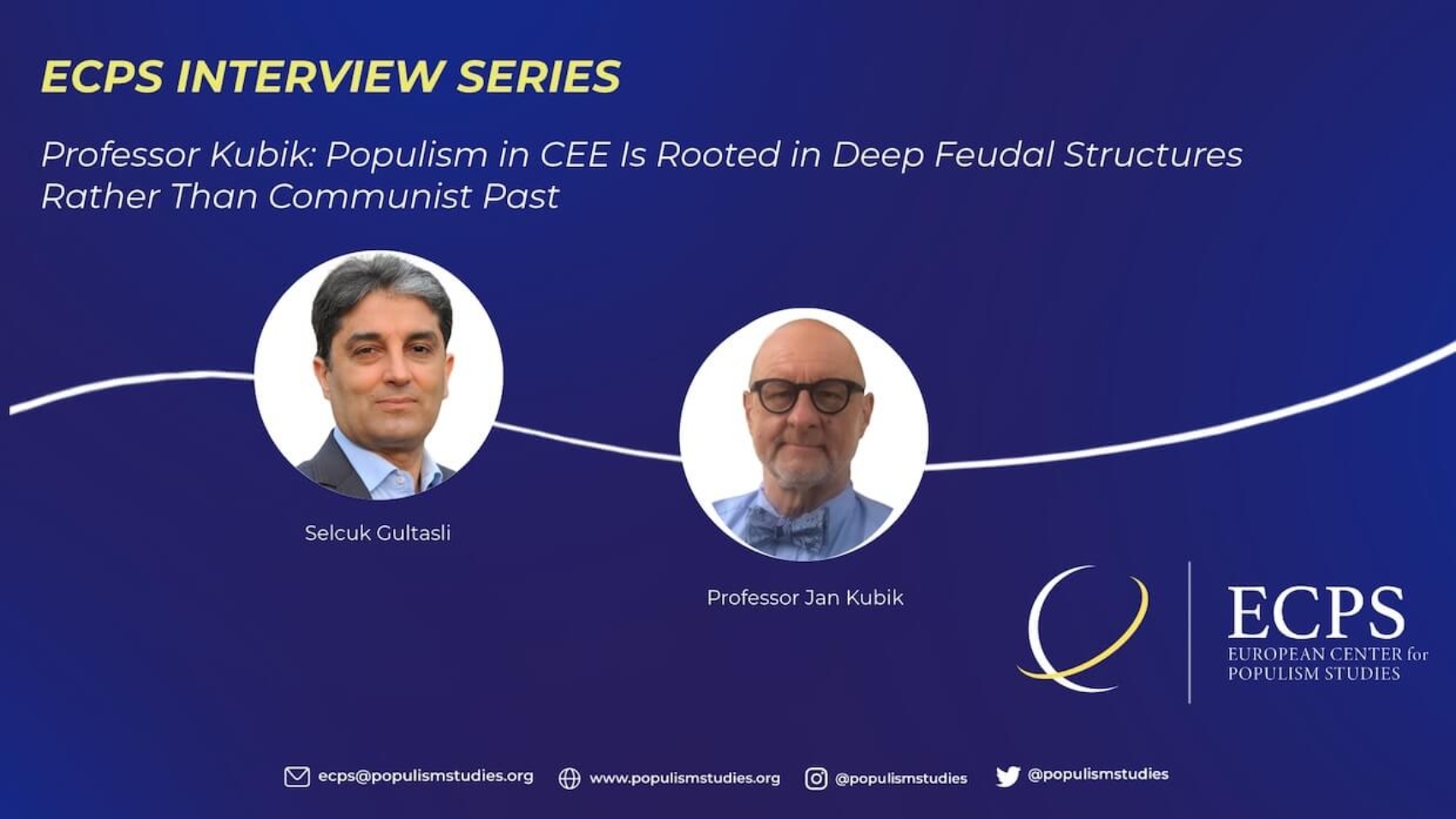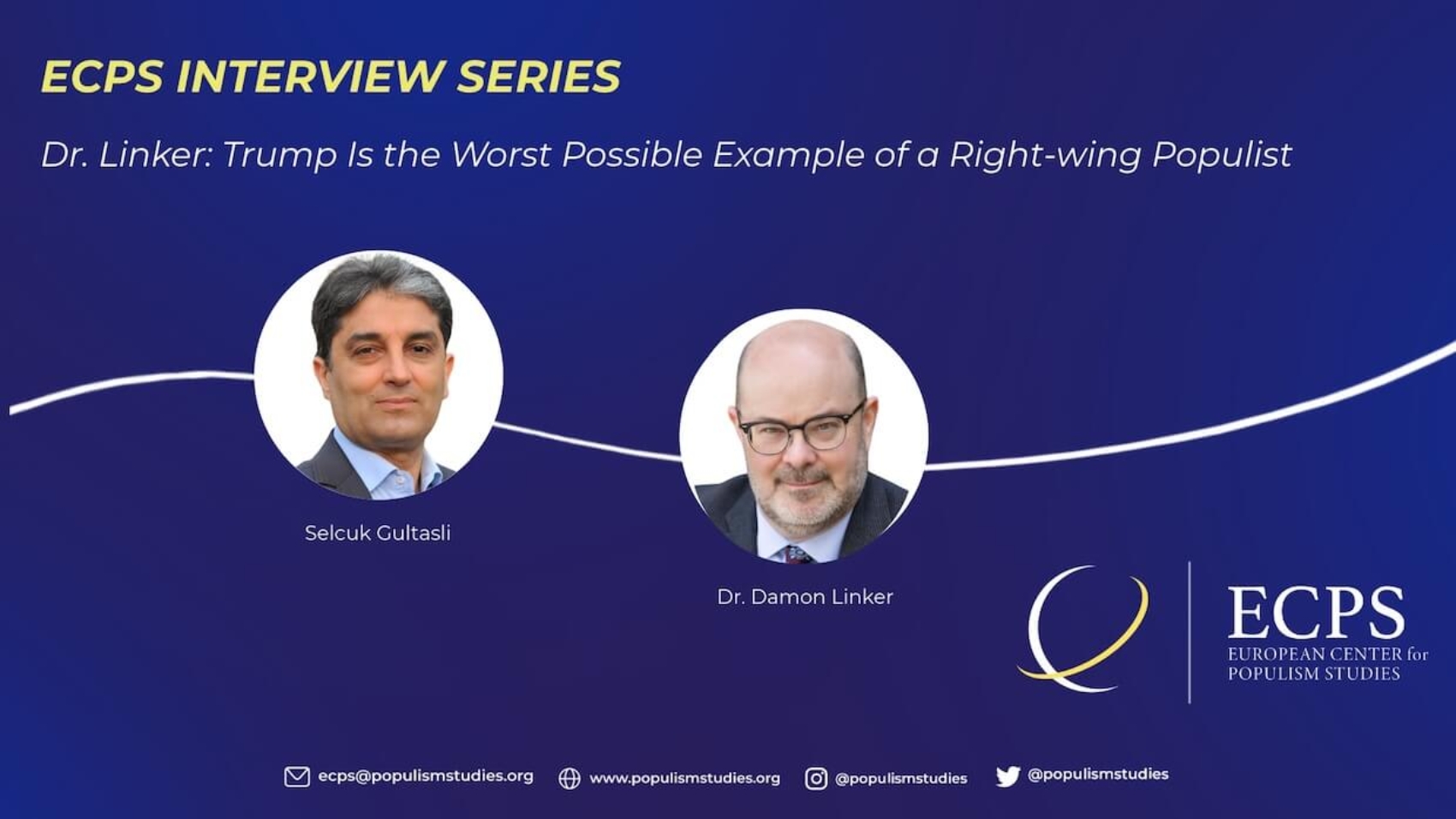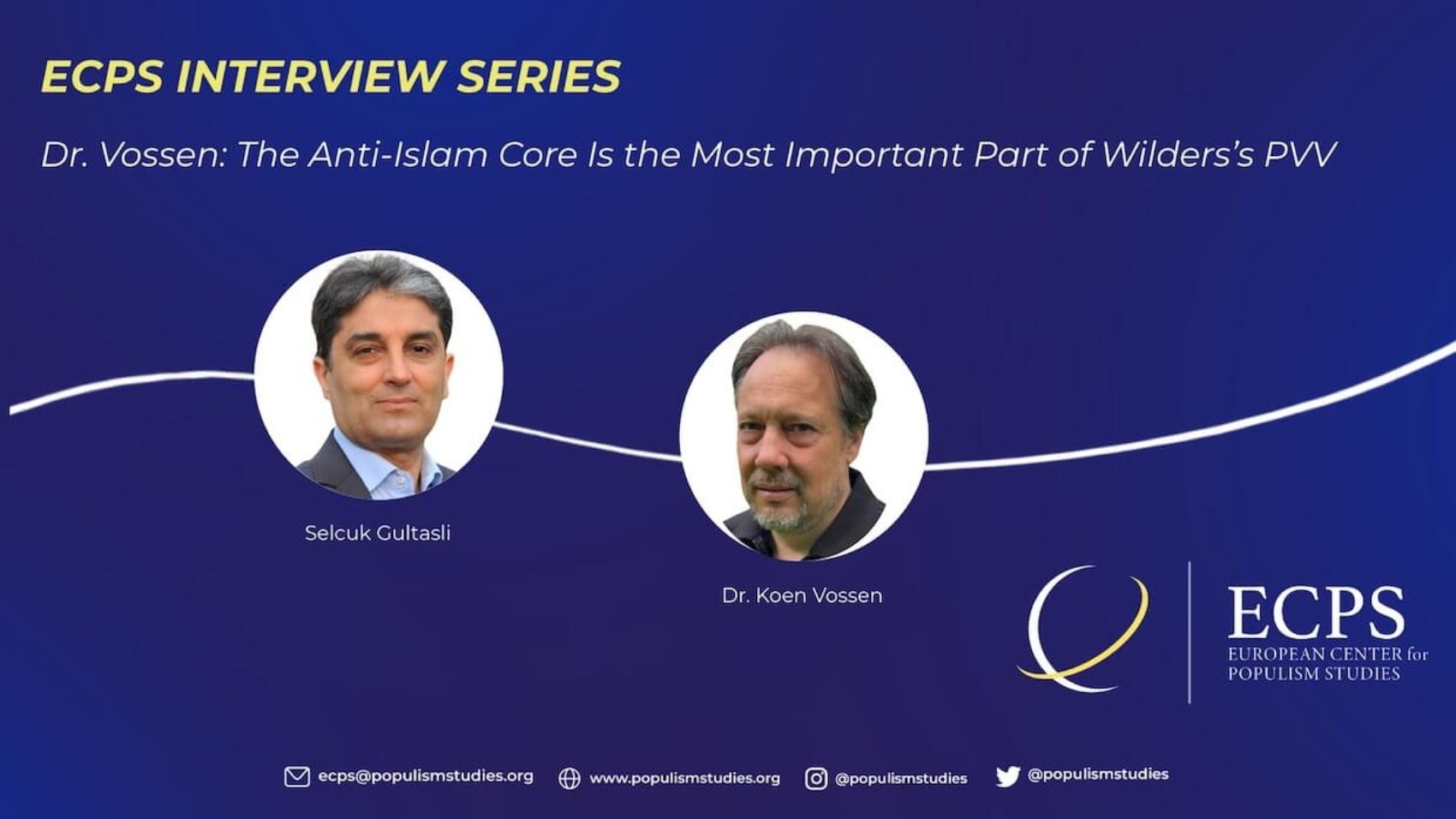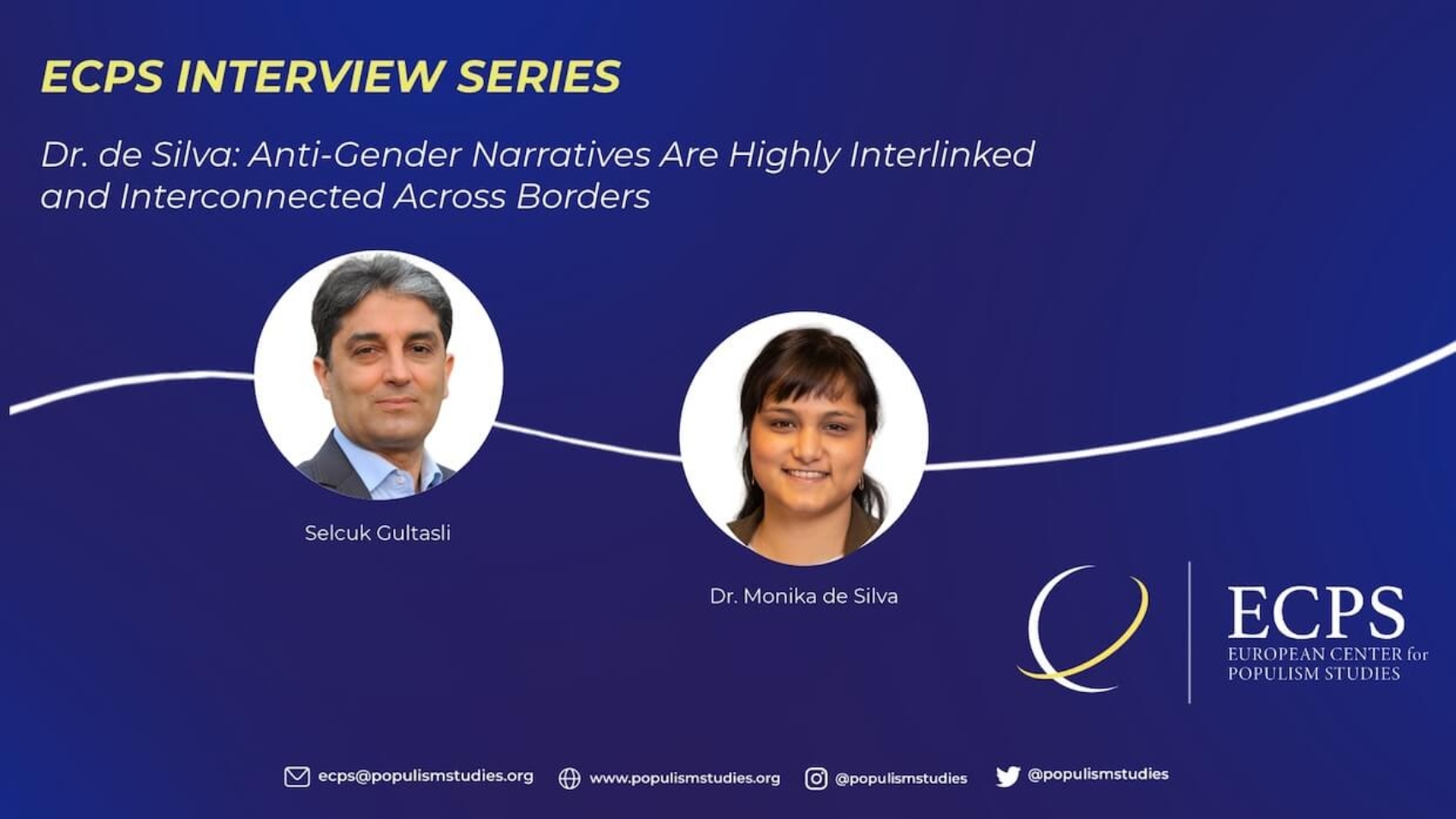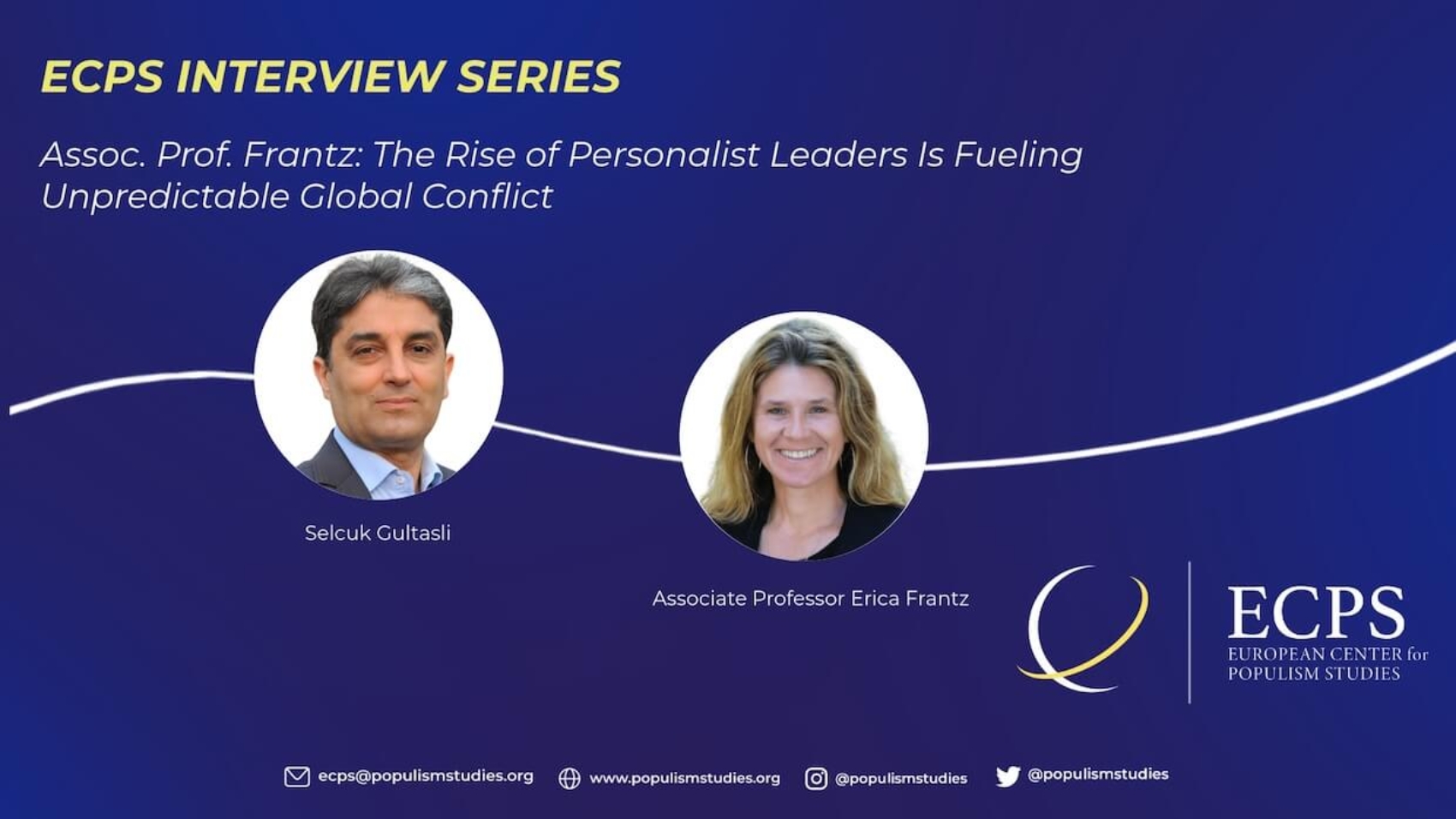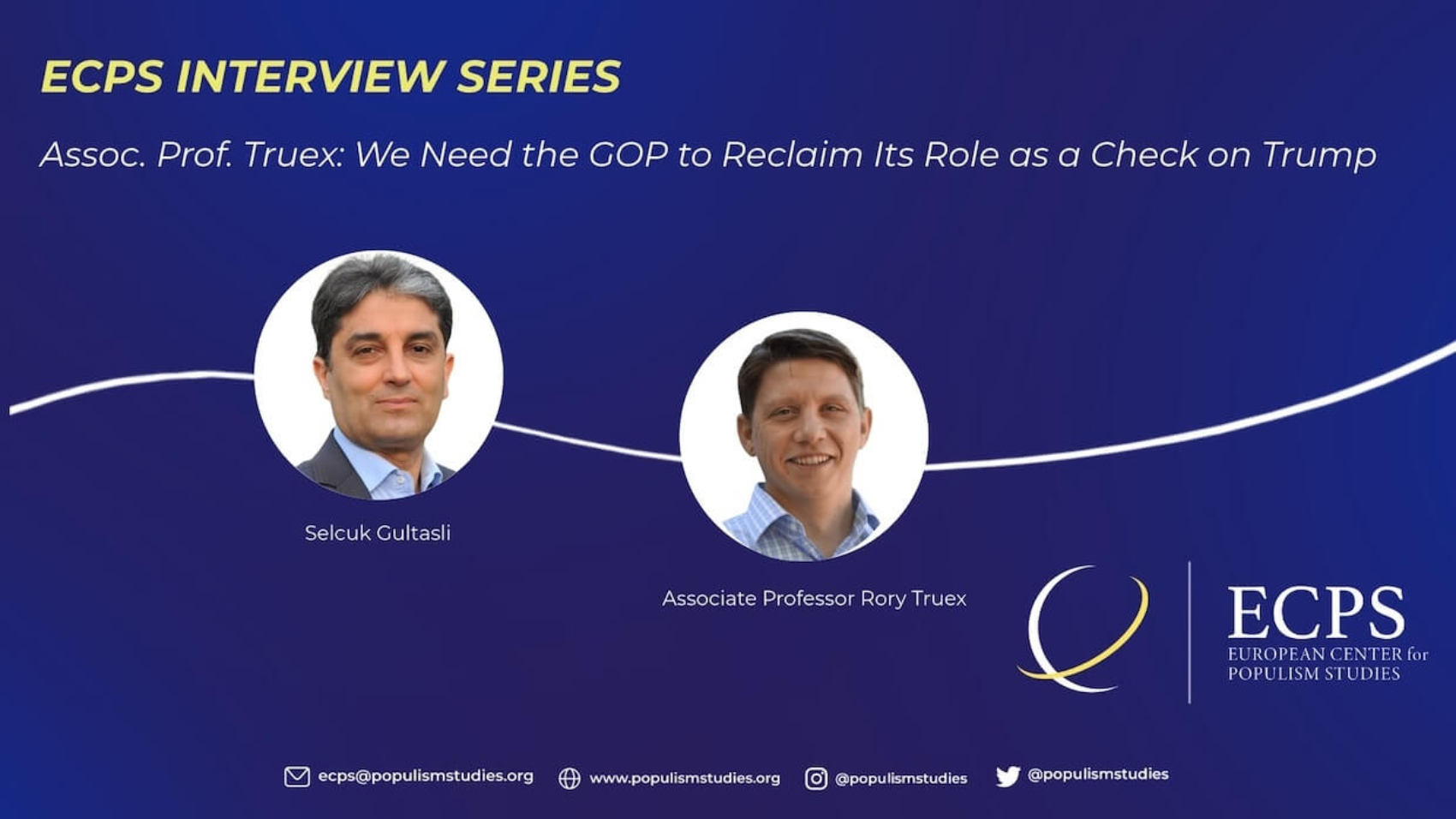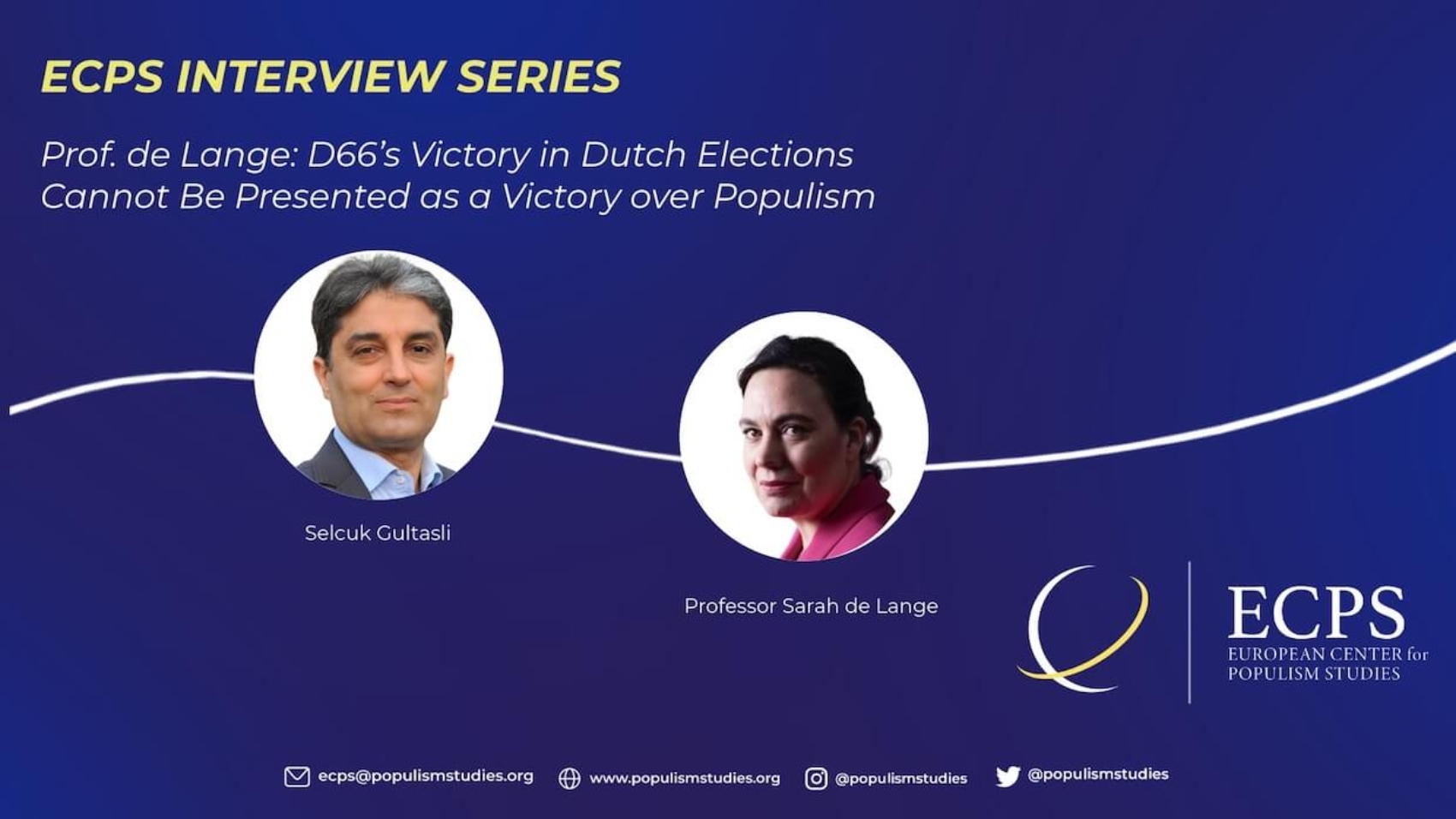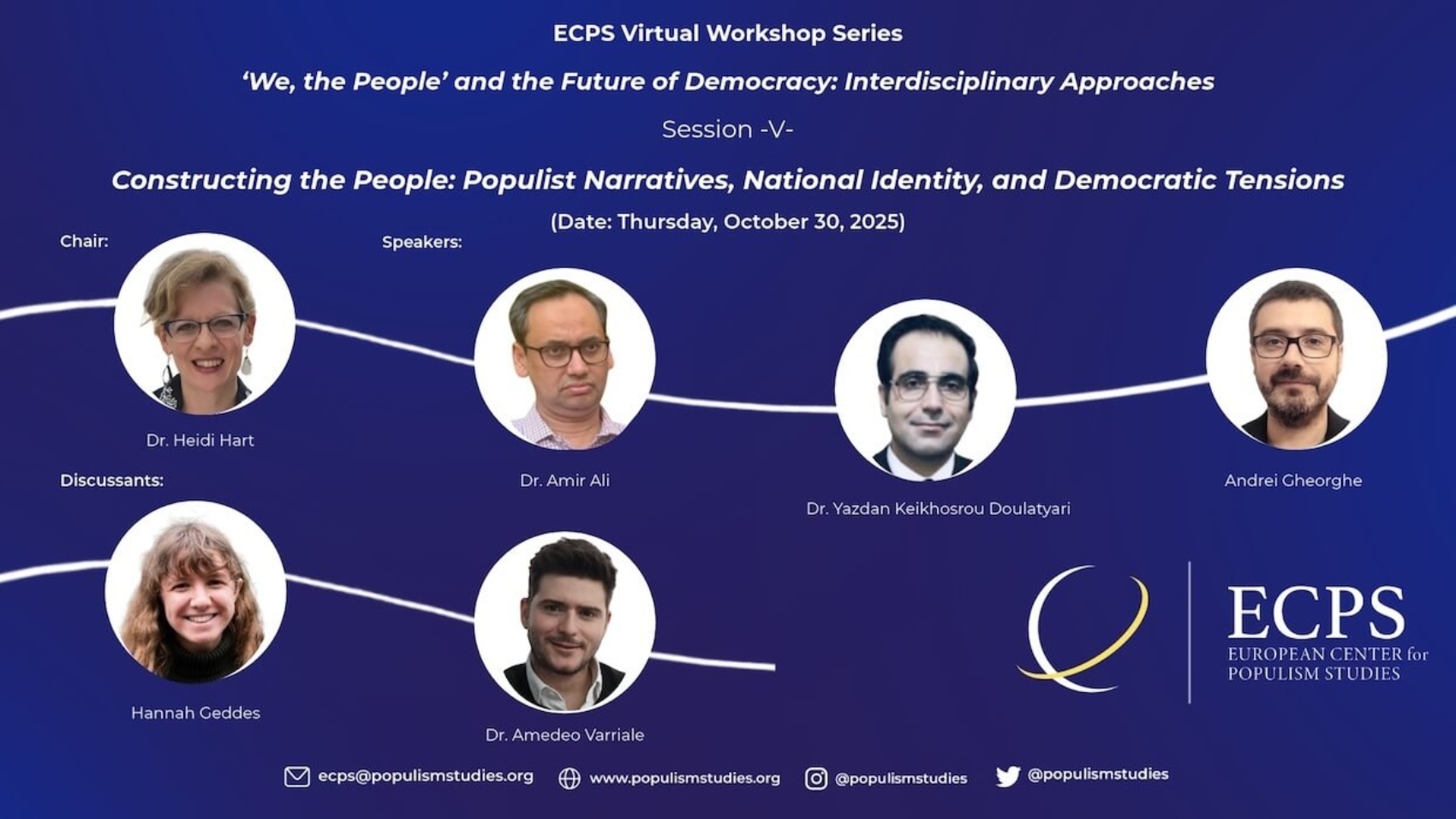In a compelling interview with ECPS, Professor Jan Kubik challenges one of the most persistent assumptions about Central and Eastern Europe: that right-wing populism is primarily a legacy of communism. Instead, he argues, its roots lie in far older social hierarchies. “Many people say populists are stronger in East-Central Europe because of communism. I think that misses the point. It is much deeper. It is actual feudalism… long before communism,” he explains. Professor Kubik outlines how these deep-seated structures—traditional authority patterns, weak middle classes, and historically delayed modernization—interact with neo-traditionalist narratives deployed by parties like PiS and Fidesz. The result, he warns, is a durable populist ecosystem requiring both organic civic renewal and, potentially, a dramatic institutional reset.
Interview by Selcuk Gultasli
In this wide-ranging and analytically rich conversation, Distinguished Professor Jan Kubik—a leading scholar of political anthropology and Central and Eastern European (CEE) politics—offers a profound rethinking of the foundations of right-wing populism in the region. Drawing on insights from two major European Commission–funded projects, FATIGUE and POPREBEL, Professor Kubik challenges one of the most enduring explanations for the region’s democratic backsliding: the legacy of communism. Instead, he underscores that the roots run far deeper. As he succinctly puts it, “Many people say populists are stronger in East-Central Europe because of communism. I think that misses the point. It is much deeper. It is actual feudalism, in a sense, and the structural composition of these societies… which started forming long before communism.”
The interview traces how this neo-feudal inheritance—characterized by hierarchical authority structures, traditionalist cultural norms, and weakly developed middle classes—interacts with the neo-traditionalist narratives mobilized by contemporary right-wing populists. Professor Kubik describes neo-traditionalism as a deliberate attempt to revive or manufacture tradition, often through cultural engineering, to legitimize a new political–economic order. In this context, parties like Fidesz and PiS sacralize national identity through education, religion, heritage, and memory politics, exploiting societies in which, as he notes, “authority is… male-chauvinistic… and that person simply belongs there… because this is how it is.” These deeply rooted cultural logics, he argues, help explain why symbolic interventions resonate so powerfully in Poland and Hungary, but far less in an urbanized and secularized Czech Republic.
Professor Kubik also provides conceptual clarity on the interdependence of political and economic power in right-wing populist regimes. POPREBEL identifies a “neo-feudal” regime type marked by weak business actors, strong political actors, and legitimation through neo-traditionalist, anti-market narratives. Programs such as Poland’s 500+—which “dramatically reduced childhood poverty”—are not merely economic interventions but cultural–political tools for consolidating authority.
A significant part of the interview concerns the durability of these systems. Professor Kubik warns that entrenched cultural substructures and polarized value systems make right-wing populism unusually resilient. This resilience is reinforced institutionally through the capture of courts, media, and cultural institutions—producing distinct patterns in Poland, Hungary, and Czechia.
Finally, the interview concludes with a discussion of democratic renewal. Professor Kubik’s twin proposal combines “organic, society-wide work”—especially civic education from an early age—with, on the other hand, “a dramatic institutional reset.” While the latter may sound radical, he argues that moments of deep crisis sometimes require systemic reinvention, citing Charles de Gaulle’s 1958 constitutional overhaul as precedent.
Taken together, Professor Kubik’s insights offer a compelling and ambitious reframing of populism in CEE—not as a post-communist aberration, but as a twenty-first-century expression of far older structural legacies.

